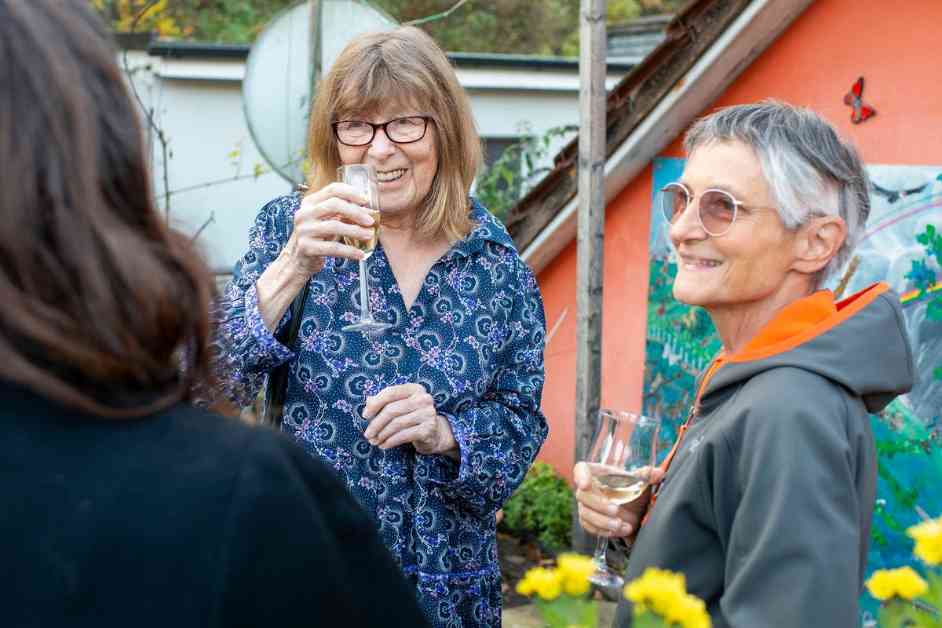Your support is crucial to our work at The Independent, where we strive to bring you the most accurate and unbiased reporting on a variety of important topics. From reproductive rights to climate change to Big Tech, we are committed to providing you with the facts you need to stay informed. Your contributions enable us to continue sending journalists to the front lines of these stories, ensuring that we can present both sides of the debate.
In a recent development, the story of British mother Dawn Voice-Cooper has brought the issue of assisted dying to the forefront. Three years ago, Dawn made the difficult decision to end her life at a Swiss assisted dying center. Her story sheds light on the ongoing debate around the right to die and the need for legislation in the UK.
Dawn’s final moments were a testament to her belief in the importance of having control over one’s own death. Despite not having a terminal illness, she struggled with severe health issues that made her life unbearable at times. This brings into question the criteria for eligibility for assisted dying, as proposed in the upcoming bill in the House of Commons.
The bill, put forth by Kim Leadbeater, limits assisted dying to those with a terminal diagnosis and approval from two doctors and a judge. This raises concerns about individuals like Dawn, who did not fit the criteria but still desired the option to end their suffering. The debate around assisted dying is complex and emotional, with arguments on both sides about the potential for abuse and coercion.
Former Prime Minister Gordon Brown and Health Secretary Wes Streeting have both expressed reservations about assisted dying, highlighting the need for better end-of-life care before considering legislation. However, evidence from other countries where assisted dying is legal shows that it has not led to a deterioration in end-of-life care and has even improved access to palliative services.
Countries like the US, Canada, Australia, and the Netherlands allow some form of assisted dying, with strict safeguards in place to prevent abuse. MPs in the UK have conducted inquiries into assisted dying and found that there is no evidence of laws being misused to prematurely end lives. The proposed bill in the House of Commons aims to provide the strictest protections and safeguards of any legislation worldwide.
As the debate continues, it is essential to consider the experiences of other nations and the evidence they provide on the impact of assisted dying laws. The decision facing MPs in the UK is a weighty one, with implications for those facing unbearable suffering at the end of their lives. Dawn’s story serves as a poignant reminder of the importance of this issue and the need for compassionate and informed debate.












